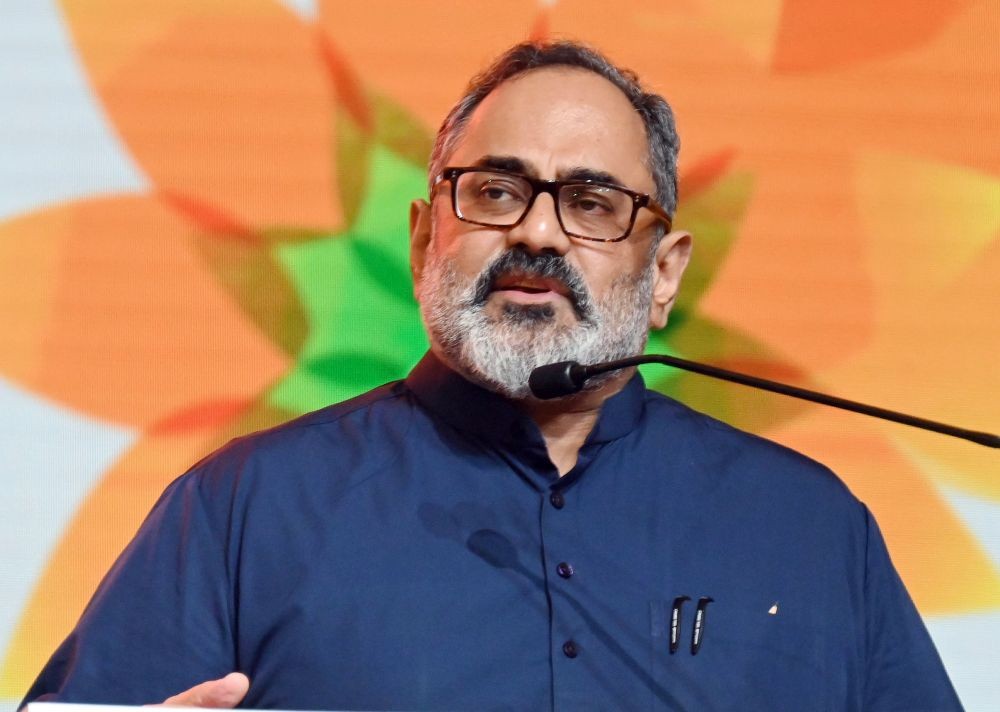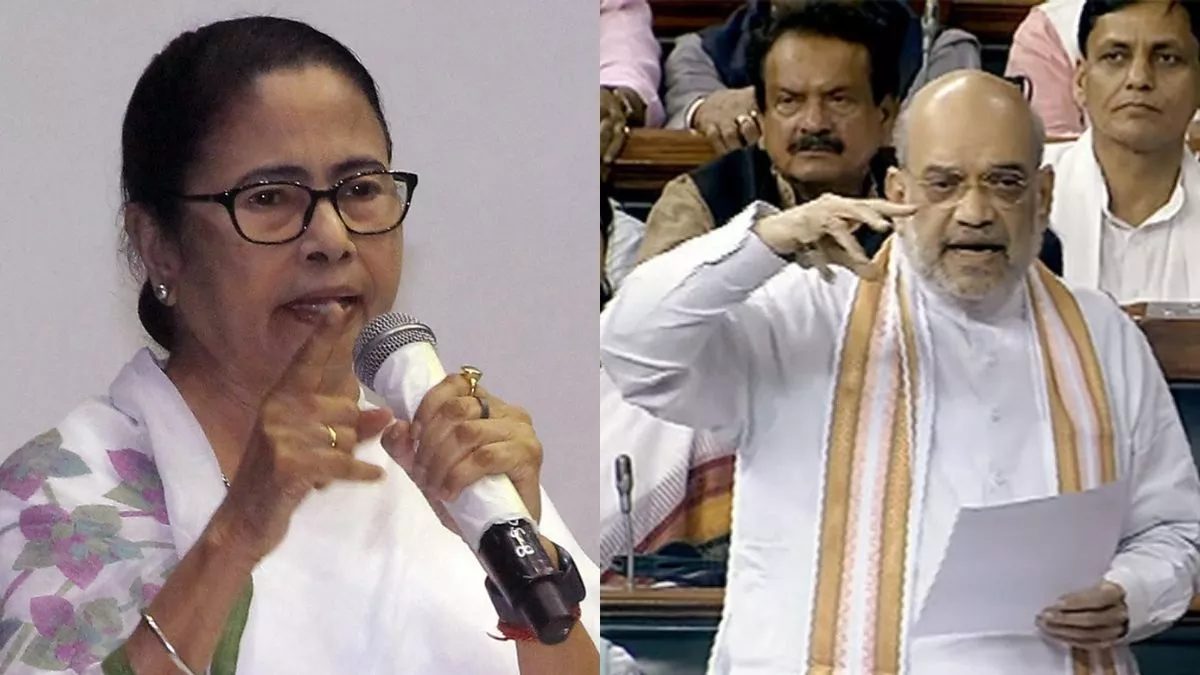On the banks of the mighty Brahmaputra, Guwahati witnessed a pivotal moment in India’s technological journey. The inaugural Digital India Future SKILLS Summit, not just a regional event but a national dialogue, ignited a collective yearning to equip young minds for the imminent tech revolution. While Assam served as the launchpad, its reverberations rippled across the nation, echoing the need to empower future generations with the skills needed to navigate the dynamic tech landscape.
 Union Minister Rajeev Chandrasekhar’s announcement of a monumental Rs. 25,000 crore semiconductor packaging plant in Assam resonated throughout the tech ecosystem. This transformative collaboration with the Assam government and the TATA Group promises to propel the state into the semiconductor arena, offering local youth unprecedented opportunities in this high-growth sector. No longer will aspiring engineers need to migrate; the future SKILLS Summit brought the future directly to their doorstep. This regional transformation serves as a beacon, illuminating the potential for similar localized initiatives across the nation, fostering balanced and inclusive tech growth.
Union Minister Rajeev Chandrasekhar’s announcement of a monumental Rs. 25,000 crore semiconductor packaging plant in Assam resonated throughout the tech ecosystem. This transformative collaboration with the Assam government and the TATA Group promises to propel the state into the semiconductor arena, offering local youth unprecedented opportunities in this high-growth sector. No longer will aspiring engineers need to migrate; the future SKILLS Summit brought the future directly to their doorstep. This regional transformation serves as a beacon, illuminating the potential for similar localized initiatives across the nation, fostering balanced and inclusive tech growth.
The summit’s vision transcended Assam’s borders, aiming to equip young Indians across the nation with the skills needed to thrive in the age of emerging technologies. Artificial intelligence, cybersecurity, and semiconductors were highlighted as key focus areas, with industry leaders and academicians brainstorming strategies for upskilling and reskilling the workforce. Over 30 strategic partnerships materialized – NIELIT joining forces with industry giants like Intel, HCL, and Microsoft – signifying a crucial step towards bridging the gap between academia and industry demands. These partnerships, forged in the heart of Assam, serve as a national blueprint for fostering industry-academia collaboration, ensuring educational programs are tailored to meet the ever-evolving needs of the tech sector.
The summit resonated with a powerful message: India is poised to capitalize on the immense job potential offered by emerging technologies. Speakers like Ganesh Gopalan, CEO of Gnani.AI, emphasized the nation’s unique advantage in this global race, and the Future Skills Summit served as a springboard for harnessing this potential. But this transformation necessitates sustained efforts beyond the summit.
- Scaling Up Skilling Initiatives: Expanding successful models like Assam’s Rs. 1800 crore investment in polytechnics and ITIs across other states is crucial. Public-private partnerships can be vital in scaling up-skilling initiatives and ensuring quality training.
- Bridging the Digital Divide: Ensuring equitable access to technology and digital literacy across all regions is essential for creating a truly inclusive tech ecosystem. Initiatives like PMGDISHA and BharatNet must be further strengthened to bridge the digital divide, empowering individuals in remote areas to participate in the tech revolution.
- Fostering Innovation: Encouraging research and development in emerging technologies like AI and semiconductors is crucial for India’s long-term tech leadership. Incubators, accelerators, and research grants can play a vital role in fostering innovation and nurturing homegrown talent, enabling India to develop indigenous tech solutions and contribute meaningfully to the global knowledge pool.
Continued collaboration between the government, industry, academia, and civil society is essential for ensuring the success of India’s tech-skilling mission. Regular dialogues, knowledge sharing, and joint initiatives can help create a more effective and sustainable ecosystem. As India continues down this path of skilling and innovation, the future looks bright, not just for Assam, but for the nation poised to become a major player in the tech revolution.




